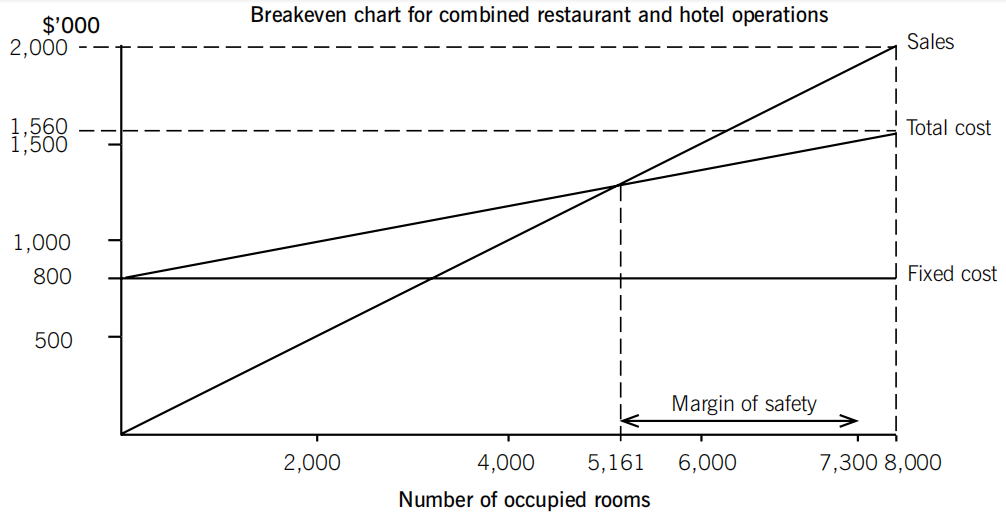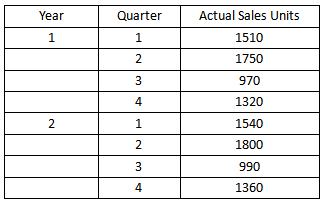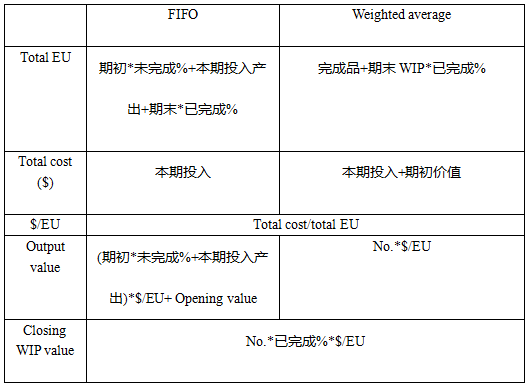P1知识点-Bribery and Corruption
摘要:【高顿ACCA小编】2015年 ACCA 考试即将开始,我们将第一时间公布考试相关内容,请各位考生密切关注高顿ACCA,预祝大...
【高顿ACCA小编】2015年ACCA考试即将开始,我们将第一时间公布考试相关内容,请各位考生密切关注高顿ACCA,预祝大家顺利通过ACCA考试。今天为大家带来的是P1知识点-Bribery and Corruption。
Broadly, the UK Bribery Act means that:*
Broadly, the UK Bribery Act means that:*
*The UK Bribery Act2010 (www.justice.gov.uk/guidance/making-and-reviewingthe-law/bribery.htm)is used as the basis to describe best-practice measures for reducing and combating bribery and corruption.
It is illegal for a UK citizen to pay or receive a bribe anywhere in the world.
Any organisation that has UK business interests must have appropriate procedures in place to prevent bribery. It is a criminal offence in the UK for an employee or anybody connected to the organisation (regardless of nationality) to pay a bribe for the benefit of the organisation.
The Act contains 19 sections, eight of which are of prime application in understanding the wide consequences of the Act.
The Act places considerable emphasis on the UK's Serious Fraud Office to determine whether a prosecution can and will be made and for a UK court to decide on those areas of the Act which are subjective (e.g. whether an organisation has business interests in the UK or whether the transaction involved can be considered to be a bribe by a reasonable person).
Section 1 deals with the offence of an individual giving bribes (e.g. promising, offering, giving either directly or indirectly).
Section 2 covers offences related to receiving bribes by individuals. Requesting, agreeing to receive, or accepting financial or other advantage before a relevant function is carried out are all illegal. Carrying out a particular function with the intention of requesting, agreeing to receive, or accepting financial or other advantage after the function has been carried out also is illegal.*
*If intention can be proved, even though no request was made, an offence has occurred. Section 3 explains the meaning of "function or activity": The function or activity would normally be expected to be carried out by an individual in good faith, impartially and performed through a position of trust.
The function or activity is of a public nature or connected with a business or performed in the course of a person's employment or performed by or on behalf of a body of persons (e.g. by a company's agent).
A function or activity is relevant even if it has no connection with the UK and is performed outside of the UK (see detail below on Section 12 of the Act).
Section 4 states that a function or activity is improperly performed if it does not meet a relevant expectation test.
Section 5 explains that the performance of an activity or function is based on the expectations of a reasonable person in the UK. Local custom or practice is ignored unless it is permitted or required by written law applicable to the country concerned.
Section 6 is specific to the bribery of foreign public officials or officials working for international organisations. A lower level of proof is required compared to Section 1, as the exact nature of the official's functions may be difficult to ascertain and evidence may require the cooperation of the official's government or organisation. It also covers the situation where the advantage is not given to the official directly, but to a third party or entity connected with the official (e.g. to the mother or "favourite" charity).*
本文由高顿ACCA编辑整理,转载请注明出处
本文由高顿ACCA编辑整理,转载请注明出处






